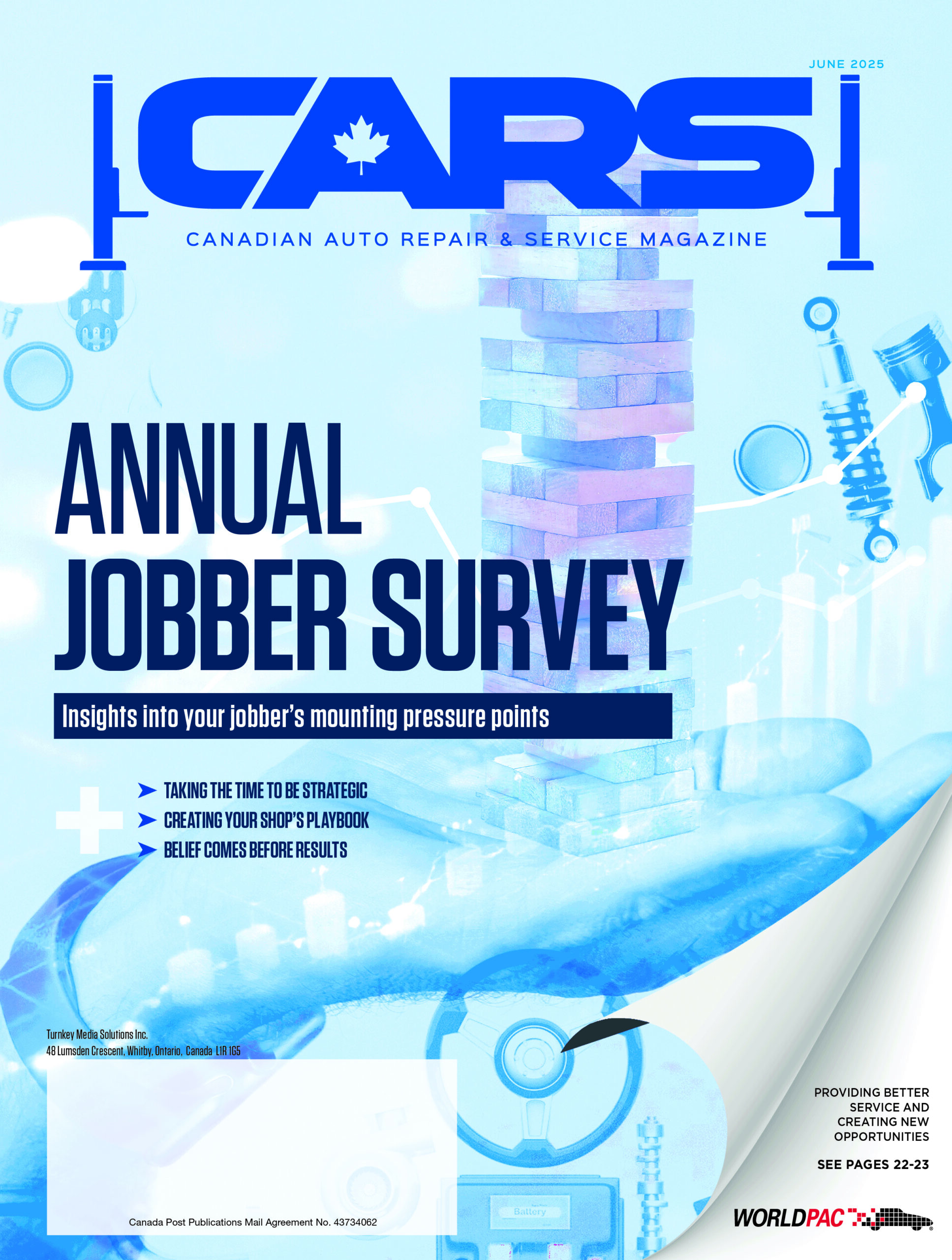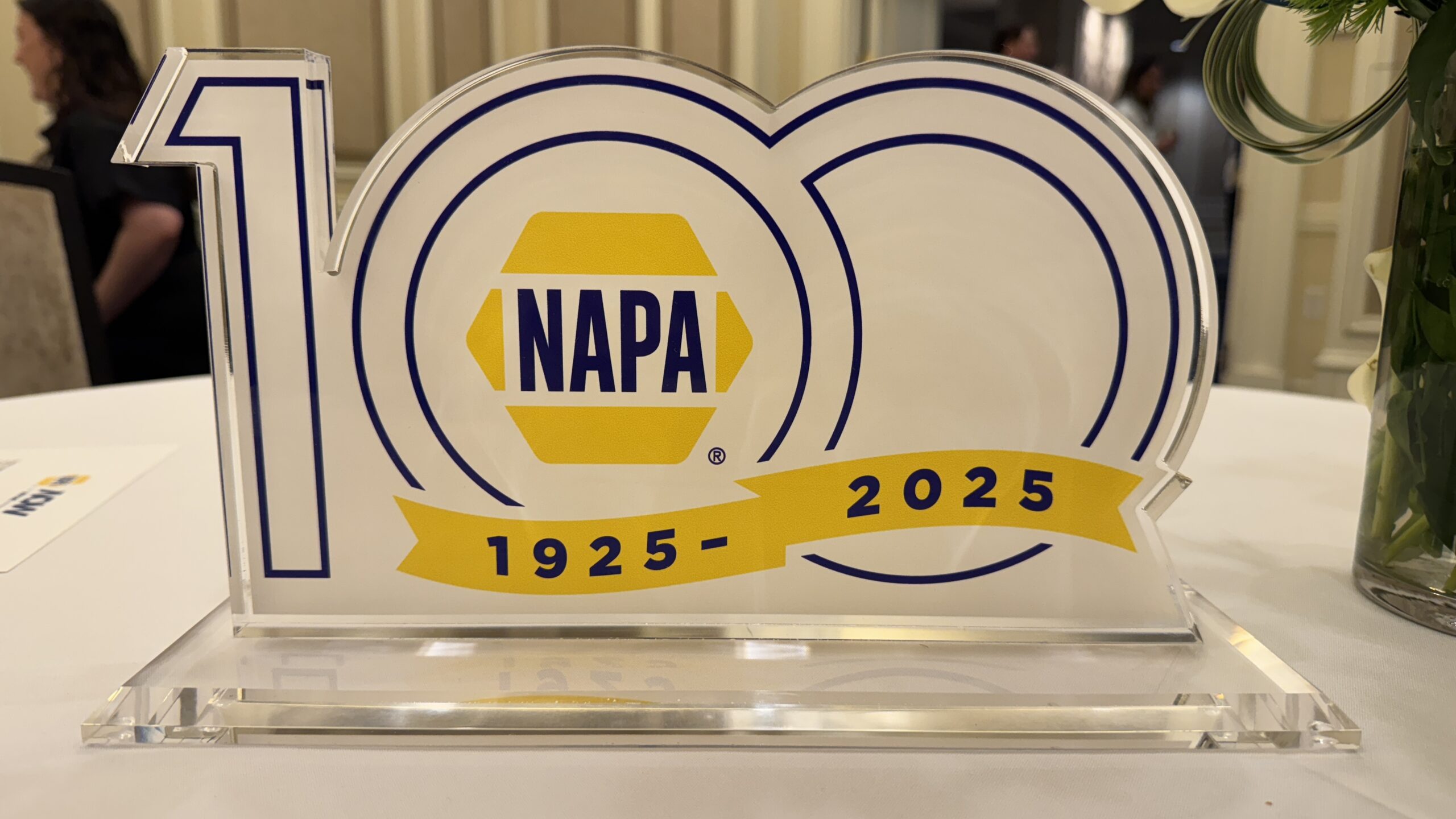The Specialty Equipment Market Association (SEMA) has gone on record, saying tariffs imposed by the U.S. government are harming American companies, workers, and consumers.
SEMA says its member companies are now grappling with higher-priced steel and aluminum because of global tariffs. The U.S. government has also initiated questionable tariffs on Chinese products, and retaliatory tariffs levied by China and many American allies are in the works. Beyond that, U.S. President Donald Trump is now threatening tariffs of up to 25% on imported automobiles and auto parts.
“The United States has helped create a global free trade system that includes mechanisms for addressing unfair trade practices,” said SEMA president and CEO Christopher J. Kersting. “SEMA cautions the president and lawmakers to work with our trading partners and employ U.S. law judiciously. The current tariffs are a tax on American companies and consumers that are causing unnecessary harm.”
President Trump has directed the U.S. Department of Commerce to investigate whether imported automobiles and auto parts pose a threat to America’s national security. While the premise of the investigation has not been clearly communicated, imposing tariffs would have damaging consequences for the industry and automotive enthusiasts.
SEMA member companies employ over one million Americans who produce, sell, and install specialty auto parts on every type of automobile built in the U.S. and overseas. Products range from custom wheels to turbochargers, lighting equipment, exhaust systems, suspensions, truck caps, mobile electronics, and other parts that enhance a vehicle’s appearance and performance. The supply chain for these parts is global, integrated, and complex. Beyond domestic sales, SEMA member companies have a robust export market.
SEMA members have seen steep price hikes for steel and aluminum and are now having to make tough decisions about passing those costs along to the consumer. Marketplace confusion with respect to country exemptions and company exclusions remains unresolved. A new set of tariffs is now being imposed on Chinese products, but it is unclear how they will address intellectual property threats and free market access.
“SEMA welcomes efforts by the U.S. government to protect American companies and their customers from unfair trading practices,” said Kersting. “We urge the president and Congress to pursue trade infringements in a fashion that does not inflict unintended economic harm.”
SEMA, the Specialty Equipment Market Association founded in 1963, represents the $41.2 billion specialty automotive industry.













Leave a Reply